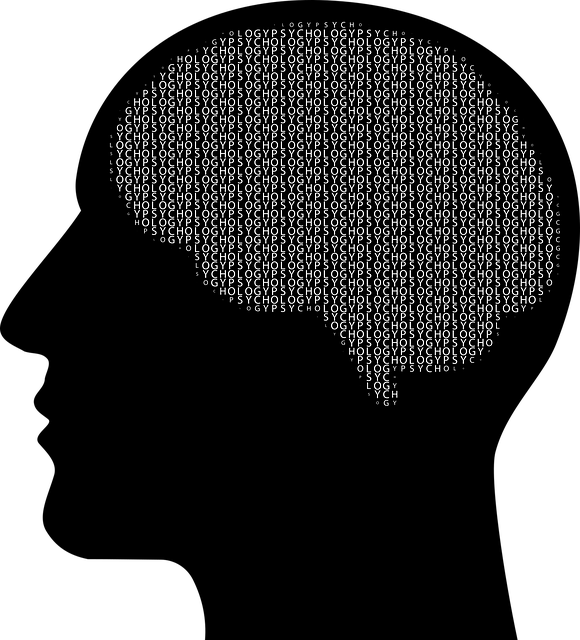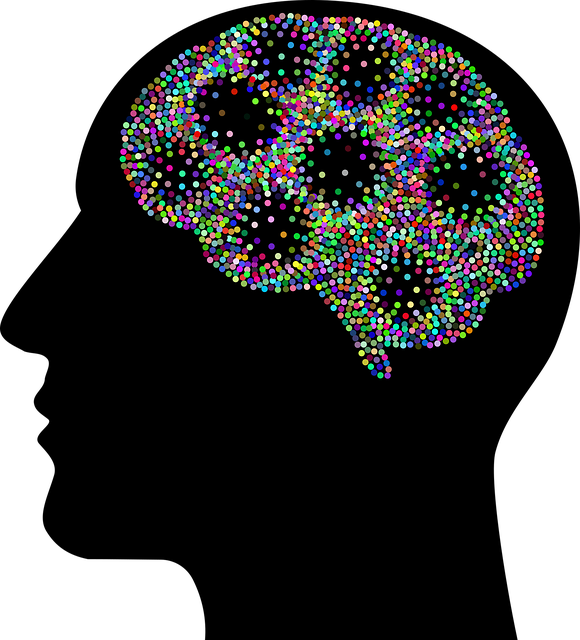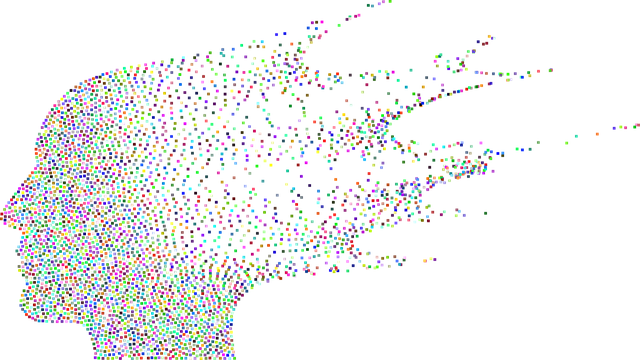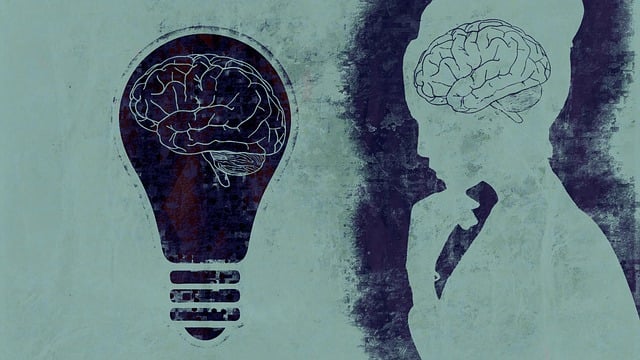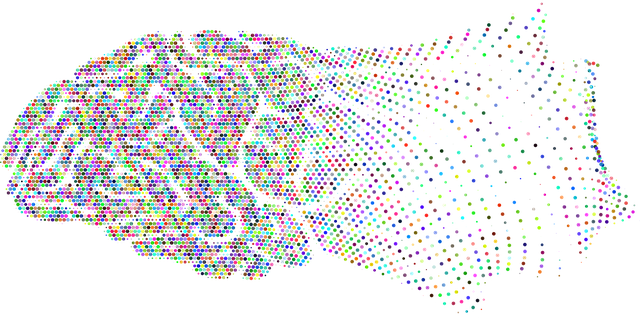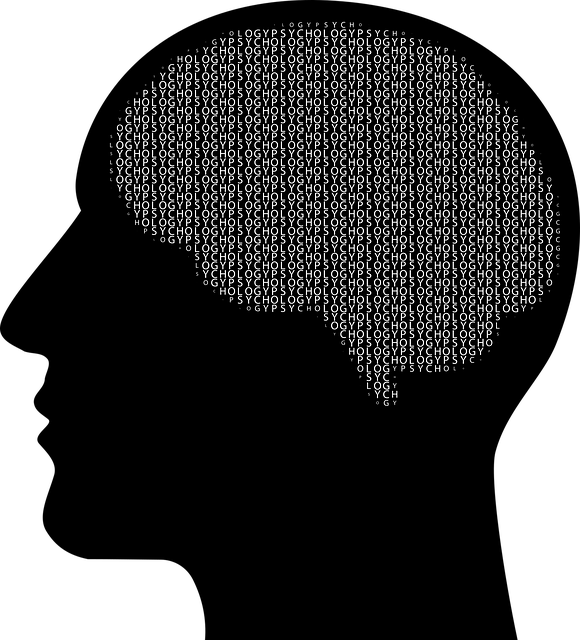The text discusses the significant impact of stigma surrounding mental illness, particularly in communities like Highlands Ranch Hebrew Speaking Therapy, hindering access to care and recovery. Stigma leads to isolation, stress management difficulties, and fear of judgment, discouraging treatment engagement. To combat this, the therapy center implements educational outreach programs, workshops, support groups, and awareness campaigns to dispel myths and promote understanding. They prioritize effective communication through open dialogues, active listening, and non-judgmental language, encouraging self-care routines. Additionally, they focus on cultural sensitivity, integrating practices like Mindfulness Meditation and advocating for mental health policy analysis, demonstrating a commitment to supporting both patients and professionals in preventing burnout and fostering a more inclusive environment.
Mental illness stigma remains a significant barrier to treatment, but reduction efforts are gaining momentum. This article explores effective strategies to combat stigma, focusing on community engagement and healthcare professional communication. We delve into the impact of cultural sensitivity, highlighting the unique approach of Highlands Ranch Hebrew Speaking Therapy, offering tailored support for the Jewish community. By understanding stigma’s far-reaching effects, we can foster an environment of acceptance and encourage individuals to seek help without hesitation.
- Understanding Stigma and Its Impact on Mental Health
- The Role of Community Engagement in Reducing Stigma
- Effective Communication Strategies for Healthcare Professionals
- Cultural Sensitivity and its Influence on Stigma Reduction in Highlands Ranch Hebrew Speaking Therapy
Understanding Stigma and Its Impact on Mental Health

Stigma surrounding mental illness is a significant barrier to individuals seeking help and recovering effectively. It often manifests as negative attitudes, beliefs, and stereotypes that contribute to the isolation and marginalization of those living with mental health conditions. This can be particularly acute in communities where cultural sensitivity in mental healthcare practice is not prioritized, such as Highlands Ranch Hebrew Speaking Therapy, where diverse populations may face unique challenges in accessing supportive services.
The impact of stigma is profound, leading to increased stress management difficulties and a reluctance to engage in necessary treatments. Many individuals fear judgment or discrimination, which can deter them from openly discussing their struggles. To combat this, community outreach program implementations that focus on education and awareness are crucial. By fostering open conversations, dispelling myths, and promoting understanding, efforts to reduce stigma play a vital role in creating an inclusive environment where people feel comfortable seeking the mental health support they deserve.
The Role of Community Engagement in Reducing Stigma

In the ongoing battle against mental illness stigma, community engagement plays a pivotal role. By fostering open conversations and promoting understanding, communities can dispel myths and create supportive environments for individuals dealing with mental health challenges. Highlands Ranch Hebrew Speaking Therapy, for instance, has been at the forefront of these efforts, organizing workshops, support groups, and awareness campaigns to educate residents about various mental health conditions. These initiatives not only reduce stigma but also encourage early intervention and treatment-seeking behaviors.
Community engagement goes beyond informational sessions; it involves integrating mental wellness into the fabric of local life. This includes incorporating stress reduction methods and burnout prevention strategies in schools, workplaces, and social settings. By making mental health a collective priority, communities can ensure that everyone has access to resources and support, ultimately enhancing overall mental wellness and fostering a more compassionate society.
Effective Communication Strategies for Healthcare Professionals

Effective communication is a cornerstone of successful mental health treatment, and Highlands Ranch Hebrew Speaking Therapy emphasizes this through tailored strategies. Healthcare professionals play a vital role in reducing stigma by fostering open dialogues with patients. Encouraging individuals to express their feelings and experiences, especially regarding mental illness, breaks down barriers and promotes understanding. This involves active listening, where therapists give undivided attention, ensuring patients feel heard and validated.
Using clear and non-judgmental language is a powerful tool. Simple, straightforward communication helps patients feel more comfortable discussing sensitive topics. Additionally, incorporating positive thinking techniques during therapy sessions can significantly impact the patient’s overall well-being. Self-care routine development for better mental health is another aspect these professionals address, providing tools for individuals to manage their conditions effectively.
Cultural Sensitivity and its Influence on Stigma Reduction in Highlands Ranch Hebrew Speaking Therapy

In Highlands Ranch Hebrew Speaking Therapy, cultural sensitivity plays a pivotal role in stigma reduction efforts. Recognizing and addressing the unique perspectives and experiences of diverse communities is essential to providing effective mental health services. The therapy center goes beyond language translation, immersing itself in cultural nuances to ensure that support is tailored to individual needs. This approach fosters trust and encourages open dialogue, two critical factors in breaking down barriers associated with seeking help for mental illness.
By integrating practices like Mindfulness Meditation into treatment plans and advocating for Mental Health Policy Analysis and Advocacy, Highlands Ranch Hebrew Speaking Therapy demonstrates a comprehensive commitment to stigma reduction. These strategies not only support individuals in managing their conditions but also contribute to a broader cultural shift, aiming to prevent Burnout Prevention among both patients and mental health professionals. Such holistic initiatives ensure that the community’s mental health needs are met with empathy, understanding, and care.
Mental illness stigma reduction is a multifaceted approach, requiring community engagement, effective communication strategies, and cultural sensitivity. As seen in Highlands Ranch Hebrew Speaking Therapy, addressing these aspects can significantly improve mental health outcomes by fostering an environment of support and understanding. By continuing to promote these initiatives, we can work towards a more inclusive society where individuals with mental health challenges are no longer faced with barriers to care.
